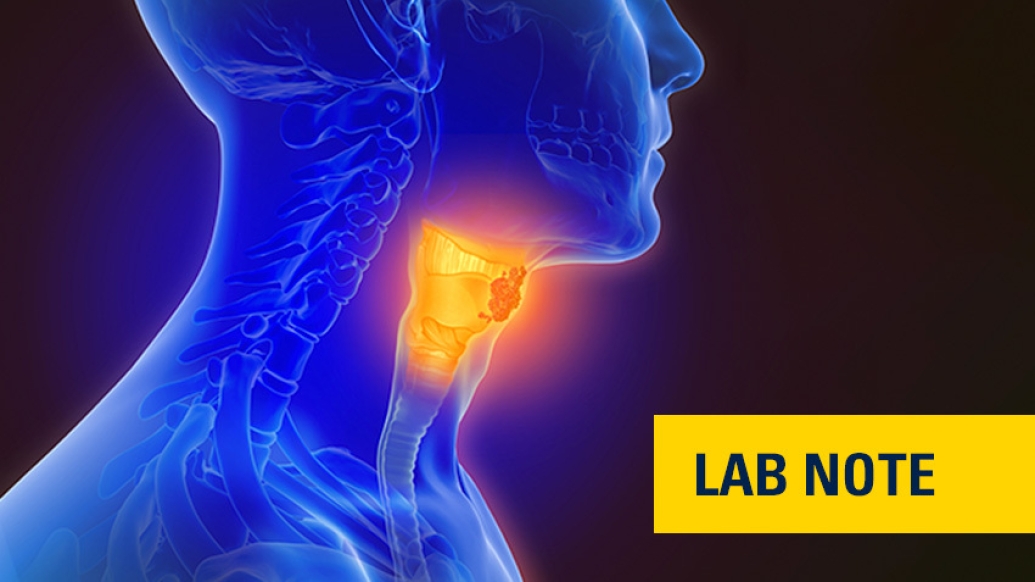HPV circulating tumor DNA and MRI/PET imaging markers predicted which tumors would respond to chemoradiation as early as two weeks into treatment.
5:00 AM
Author |

A new study from the University of Michigan Health Rogel Cancer Center finds circulating tumor DNA, or ctDNA, levels can predict as early as two weeks after starting treatment which patients are likely to have good outcomes.
At the same time, specialized MRI and PET scans two weeks after starting chemoradiation also correlated with outcomes.
"Rates of throat cancer have steadily increased in recent years, driven by HPV infections, fueling the need for biomarkers to help guide treatment decisions, especially for locally advanced disease," said senior study author J. Chad Brenner, Ph.D., associate professor of otolaryngology at Michigan Medicine.
"Quantitative imaging of metabolism, local blood volume density and cell density from PET and MRI scans have shown both prognostic value in predicting treatment outcome as well as utility in selecting patients for additional focal radiation treatment," said study author Yue Cao, Ph.D., professor of radiation oncology and radiology at Michigan Medicine.
The researchers conducted a randomized trial of patients with stage 3 oropharyngeal squamous cell carcinoma. In total, 93 patients had imaging and 34 also had blood tests before starting chemoradiation and again at two, four and seven weeks after treatment.
The study found that HPV ctDNA clearance at two weeks, but not at four weeks, predicted outcomes. The metabolism, local blood density and cell density before radiation therapy or at two weeks after starting treatment predicted outcomes as well. These early predictor biomarkers could help determine which patients need more aggressive treatment. A larger study is needed.
Funding for this work was from National Cancer Institute grants U01CA183848, R01CA184153 and P30CA046592.
The University of Michigan has filed a patent on the HPV ctDNA assay that was used in this paper.
Paper cited: "Early HPV ctDNA Kinetics and Imaging Biomarkers Predict Therapeutic Response in p16+ Oropharyngeal Squamous Cell Carcinoma," Clinical Cancer Research. DOI: 10.1158/1078-0432.CCR-21-2338

Explore a variety of healthcare news & stories by visiting the Health Lab home page for more articles.

Department of Communication at Michigan Medicine
Want top health & research news weekly? Sign up for Health Lab’s newsletters today!





